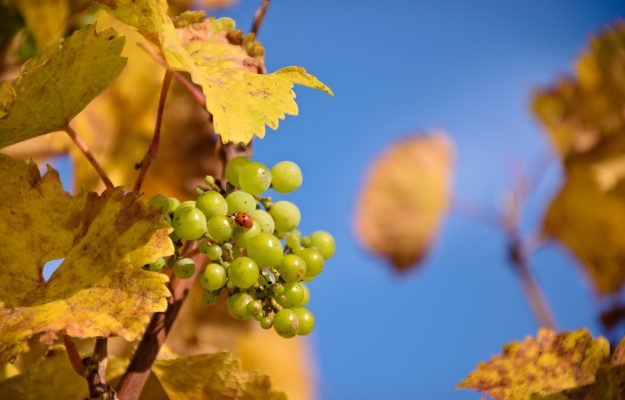In Italy, we are working, under the direction of the Ministry of Agriculture, on a single national standard on the subject of sustainability in wine, which has become more and more important from the point of view of ethics and the market. Furthermore, there has also been a hint of the Italian flag in the new Product Category Rules related to wine for the EPD (Environmental Product Declaration) certification, which was introduced in Sweden and is internationally acknowledged. The system applies to all products (in Italy, in the food sector, top companies such as Barilla, Coop, Carlsberg, De Cecco, Granarolo, Monini as well as many others have adopted it, according to the ENVIRONDEC database), which, however, must indicate specific rules on a case-by-case basis. This model is not new to the wine world (Cantine Riunite & CIV had already adopted it in 2006, for instance), but its specific regulations had expired in 2017 for sparkling wines, and in 2019 for still wines. Therefore, a team that included the Prosecco DOCG Bortolomiol label, the Fattoria La Maliosa, a 160 hectares organic farm in Maremma, Indaco2, a company managed by Elena Neri and Riccardo Pulselli, a spin off of the University of Siena, and Roberto Cipresso Winecircus, as well as the agronomist Lorenzo Corino have rewritten the regulation that replaces both of them (until 2024).
“This is an exceptional result, which all the participants included in the project strongly advocated”, explained a note, “because it qualifies our sector and the daily work of many producers. The starting point is calculating the environmental impact of a bottle of wine and defining the guidelines that will allow for determining the rules for a correct life cycle of the entire production chain: from the vineyard to the winery, and from bottling to production. These guidelines are termed PCR (Product Category Rules), and they are legal on the international level, determine how production must be carried out in the various phases and permit obtaining one of the most important environmental product certifications, the EPD ”.
All international companies that aspire to the EPD certification of their wines must refer to the PCR. The procedure followed to define the PCR, and that involved Indaco2, together with Fattoria La Maliosa, Bortolomiol Spa, and Roberto Cipresso Winecircus, began in January 2020 with the drafting of a document that was subsequently submitted to public consultation for 2 months. During this period of time, wine companies in the sector, experts from the Life Cycle Assessment, as well as certification entities and associations were able to send comments and considerations. Successively, the document was subject to review by the Technical Commission of the International EPD System. Finally, the document was modified on the basis of the comments received, subjected to a final check and then published on the Swedish platform Environdec – EPD International AB. Today, wine producers must base their production on these Product Category Rules, to be able to obtain EPD certification and certify their product. This is a fundamental certification for wine companies, as it indicates how attentive the company itself is to its production and more importantly, to the global impact on the environment. “We are very proud”, said Antonella Manul (Fattoria La Maliosa), “of the result we have obtained. It is the result of considerable team work, which will help to further qualify the sector, through clear and defined guidelines to analyze the life cycle of wine production”.
Copyright © 2000/2026
Contatti: info@winenews.it
Seguici anche su Twitter: @WineNewsIt
Seguici anche su Facebook: @winenewsit
Questo articolo è tratto dall'archivio di WineNews - Tutti i diritti riservati - Copyright © 2000/2026







































































































































































































